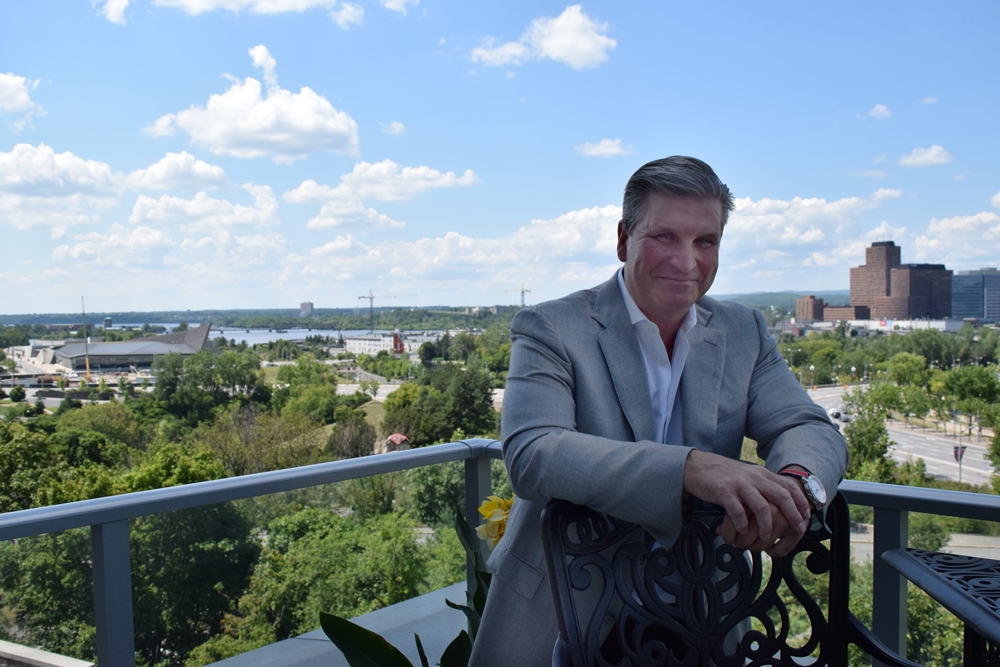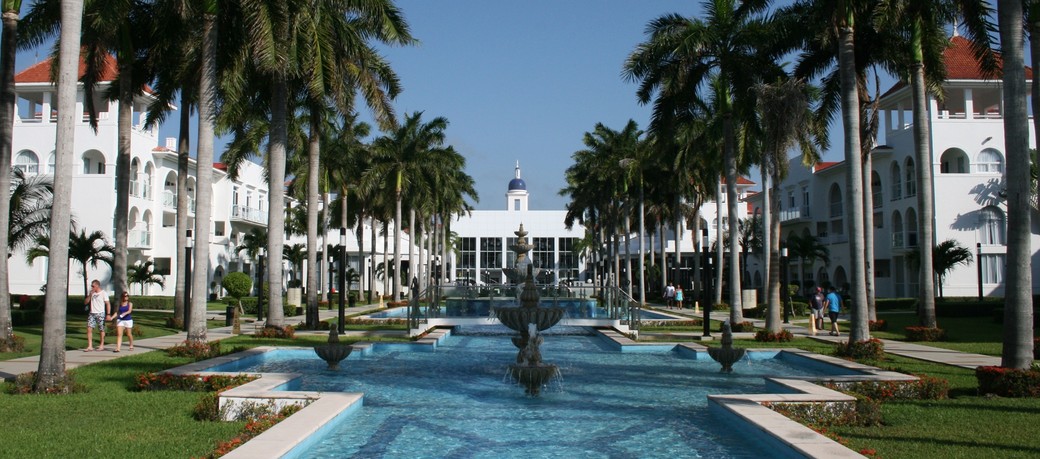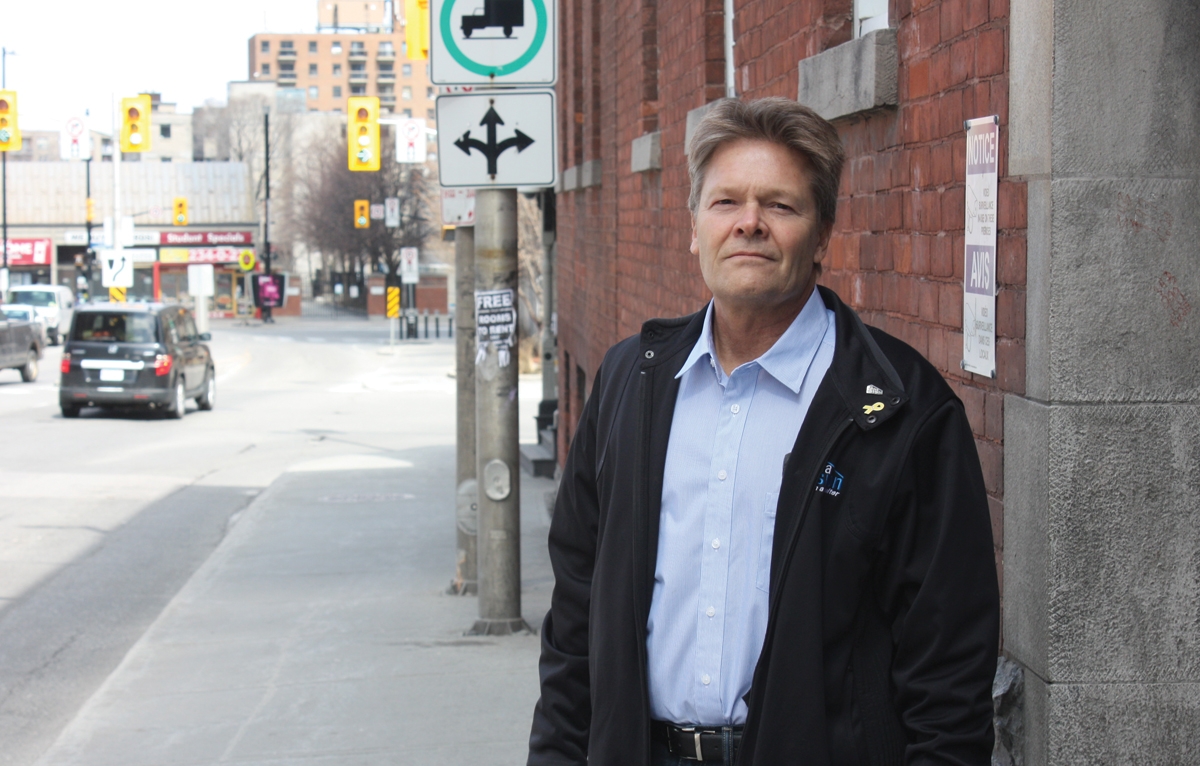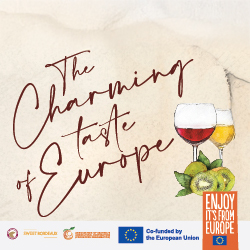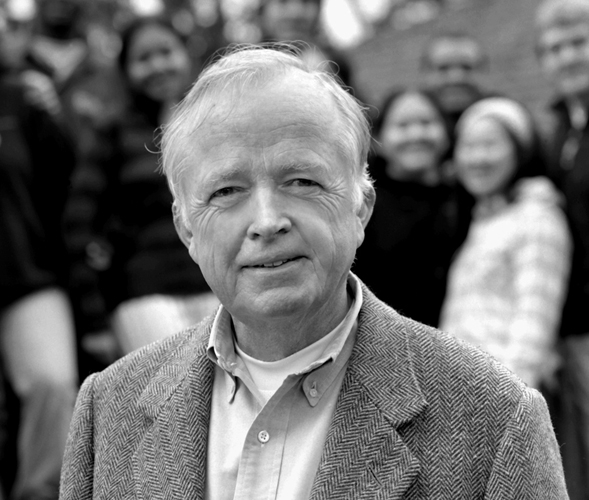
Remembering Jim Coutts: Civility in Politic
By: Tom Axworthy (from his speech) on May 21, 2014 at the Jim Coutts Memorial Dinner at the University Club, Toronto, Ontario
Photo Credit: V. Tony Hauser
“Jim Coutts had political opponents a plenty, but he never thought of them as enemies and he taught all of us that civility.” – Tom Axworthy
The joy of working in the Prime Minister’s office with Jim Coutts, Tom Axworthy and Keith Davey remains one of the greatest experiences of my life. Jim Coutts had many talents and interests and a celebration of these facets of his life will occur on June 4, 2014 at Massey College. Tonight, however, we are devoted to remembering only one part of his life, albeit a central one – what the Liberal Party meant to him, what did he mean to the Liberal Party, and what do both mean to us.
At their best, parties are essential instruments of self-government. At the moment of their birth in the 18th century, Edmund Burke wrote that “when bad men combine, the good must associate,” defining party as a body of citizens “united for promotion by their joint endeavours the national interest upon some particular principle in which they are all agreed.” Parties are the conveyor belts which educate, organize and convey the opinions of citizens to the organs of government. Cynics scoff at, and editorials scorn the institution of party but our democracy depends upon a minority calling – those small numbers of volunteers who make the system work.
Jim Coutts was one of those volunteers. He loved telling the story that at the age of 14, while riding his bike in Nanton, Alberta he saw a crowd gathered in the backyard of a neighbour listening to J. Harper Prowse, the leader of the Provincial Liberal Party. “Get off that bike and come on in Jimmy,” he was urged and a romance was born. Harper Prowse, now forgotten, but then a real force winning a third of the vote and becoming opposition leader to Ernest Manning, talked about the Liberal Party as a big tent open to all with a mission to work hard on behalf of the “little people.” Coutts was hooked and Jim being Jim within the year — at age 15, he became a local campaign manager.
Jim never forgot what attracted him to the party in the first place. All his life, he was an advocate of Big Tent diverse Liberalism, where Canadians from every walk of life could debate and decide. He was a delegate to the 1958 leadership contention (where he voted for Paul Martin Sr.) and to Walter Gordon’s 1961 Policy Rally, where Liberal delegates considered the results of the Kingston Conference and chose the priorities that would define the agenda of the Pearson government. Jim was schooled in the lessons of an era in which volunteers at the constituency level mattered. It was the Liberal Party that gave him the chance to employ his talents on the national stage: “Get off that bike Jimmy and come on in.” And for the rest of his life, Jim opened the doors of the Liberal Party to all who wished to enter.
He never forgot too that other marker in Harper Prowse’s speech – that it was the special vocation of the Liberal Party to work for the little guy. Jim Coutts was a progressive who saw the Pearson government as the high point in Liberal policy history and spent his subsequent career urging successive Liberal regimes to do more and aim higher. Trudging through the streets of Spadina in two elections was the most disappointing phase of his career. Yet I never saw him happier than when speaking to an audience in a Chinese restaurant in 1984, not far from here, lauding the Charter of Rights and Freedoms, extolling Monique Bégin’s Canada Health Act and praising the last Trudeau government for lifting seniors out of poverty through dramatic increases in the Guaranteed Income Supplement. Mr. Trudeau had, at last, met the Pearson challenge.
Jim’s redefinition of Burke’s description would be “a Big Tent party open to every talent and dedicated to the principle that there should be equal opportunity for all.” You can only begin to understand Jim’s devotion to the Liberal Party if you realize that at his core, he was a romantic
But a Big Tent party needs lots of rope and plenty of knots to keep it standing in the political headwinds. So a second talent of Jim’s was that he was a master tactician skilled in the art of compromise. He had ultimate objectives but he was patient in attaining them, building by inches if he could not achieve feet or yards, let alone miles. I never heard him speak much about his time at law school but he spoke often about his training as a management consultant and founding partner at Canada Consulting. To every problem, there was a potential solution. He was fearless in giving Mr. Trudeau bad news but he never did so without a plan on how to get our of the mess. Jim was that rare combination of optimistic and realist – optimistic that things could be improved, realistic in the effort required to get it done.
Finally, added to this mixture of romantic and realist was a third character trait – his love of life and his sense of fun. There was always a bit of an imp In Jim Coutts. I remember December 1979 after the defeat of the Clark government, for example, where Jim put on one of the greatest displays of political talent ever seen in Ottawa. Alan MacEachen was dispatched to urge the caucus and then a very reluctant National Executive to support Trudeau’s return. Keith Davey put the Campaign Committee in gear. Patrick Gossage kept the press at bay, MartinGoldfarb revved up the polling, Jerry Grafstein set Terry O’Malley, Gabor Apor and Red Leaf to work on communications. Gordon Ashworth fine-tuned the organization, Lorna Marsden summoned the policy committee, Joyce Fairbairn kept the office sane, and Jim himself had the most difficult job of all – persuading Trudeau to come back, during this tumult. Jim held a strategy lunch at the Chateau Grill – 4th alcove, eastside, Pasquale the Maîtres D bringing his usual small steak with sliced tomatoes. A prominent Liberal notable passed by exclaiming “How dare you try to persuade that man to return!” As the malcontent walked away, a blizzard of bread rolls emerged from Alcove 4: it was like Liberal manna from heaven and soon enough Pierre indeed led us back to the Promised Land.
Jim Coutts loved the human parade, all of it, laughing at humankind’s foibles and vanities while appreciating wisdom and purpose. With Keith Davey running the campaign on the ground and Jim on the plane, the Liberal high command was professional but fun-loving. How we enjoyed our time in the PMO and on campaigns! Jim Coutts had political opponents a plenty but he never thought of them as enemies and he taught all of us that civility. To those in the room lucky enough to work with him we can truly say, we few, we happy few, we band of brothers and sisters.
My reverie is that if there is a Grit heaven — and for the sake of the people in this room, I certainly hope that is the case – there is a party going on, much like tonight’s reception. Mr. Pearson and Keith are commiserating about the Leafs — who haven’t won the Stanley Cup since Pearson was Prime Minister. Jeanne Sauve is elegant. Jean Marchand rumpled. Cameron Millikin towers above Barney Danson while John Roberts is checking out the wine vintage. John de B Payne is thinking about writing a memo. As always, Walter is soothing Judy Lamarsh and Herb Gray has just arrived. And there in the corner Jim is whispering to Pierre, and making him laugh.

